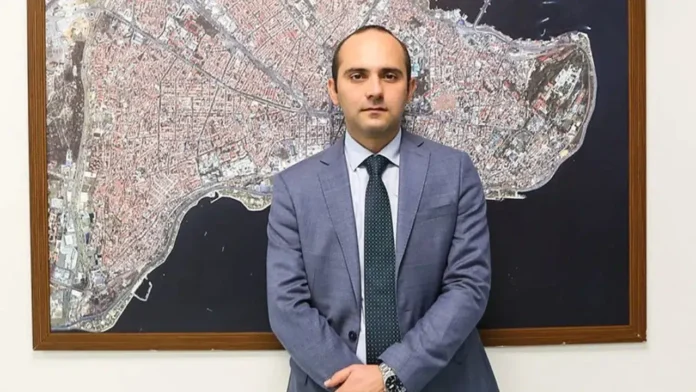An İstanbul court on Thursday rejected a ruling by Turkey’s Constitutional Court ordering a retrial of former city planner Tayfun Kahraman, attracting criticism from legal experts, Turkish media reported.
The Constitutional Court had ruled on July 31 that Kahraman’s right to a fair trial had been violated, issuing a detailed explanation on October 17.
Kahraman had been convicted in April 2022, along with eight officials and activists, of allegedly aiding an attempt to overthrow the government in connection with the 2013 Gezi Park protests. He received an 18-year sentence, which was upheld on appeal in December 2022 by the Istanbul Regional Court and again in September 2023 by Turkey’s Supreme Court of Appeals.
The Istanbul 13th High Criminal Court rejected the order for a retrial, arguing that the Constitutional Court, by issuing its ruling upon an individual application, was acting like an appeals court and had “overstepped its authority.” The court also denied requests to halt the execution of the sentence and to release Kahraman.
Kahraman’s lawyer said they would appeal the decision, which will be reviewed by the Istanbul 14th High Criminal Court.
Erinç Sağkan, president of the Union of Turkish Bar Associations (TBB), criticized the ruling, calling it a clear disregard of the constitution, and urged the Council of Judges and Prosecutors (HSK) to promptly investigate the judges involved and remove them from the bench.
Gül Çiftçi, deputy chair of the main opposition Republican People’s Party (CHP), also said that ignoring the Constitutional Court’s decision once again demonstrates that legal certainty in Turkey is effectively suspended.
The Gezi Park protests, which began over an urban development plan in central İstanbul in the summer of 2013 and spread to other cities in Turkey, posed a serious challenge to the rule of then-prime minister and current president Recep Tayyip Erdoğan. They were suppressed by the government of Erdoğan, who later labelled the protests as a “coup attempt” against him.
The refusal of local courts and the Supreme Court of Appeals to abide by Constitutional Court decisions has been sparking widespread criticism of the Turkish judiciary for its perceived lack of independence.
Many observers argue that there is no longer a meaningful separation of powers in the country and that members of the judiciary are under the control of the government and cannot make judgments based on the law.
The European Commission’s 2025 report on Turkey also warned that the weak separation of powers between the executive and the judiciary persists, with political pressure on courts and prosecutors continuing and that high-profile rulings by Turkey’s Constitutional Court remain unimplemented.
Reflecting the perspective of the Erdoğan government, Mehmet Uçum, one of president’s key advisers, has challenged the interpretation that the Constitutional Court’s decisions on individual petitions are binding under Article 153 of the constitution, which emphasizes the binding nature of the top court’s decisions on all branches of government. Uçum has called for a restructuring of the Constitutional Court to align it with “national judicial norms,” criticizing it for what he perceives as “Western and neoliberal biases.”
Supporting concerns about judicial independence, Turkey was ranked 118th among 142 countries in the World Justice Project’s 2025 Rule of Law Index.















